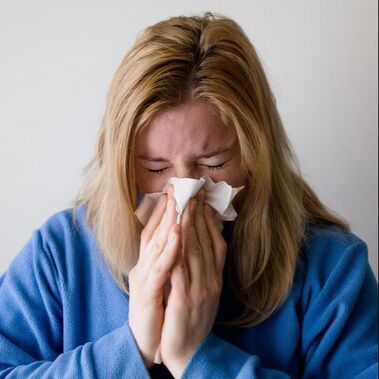 The end of a long winter welcomes a beautiful spring, and with it, the blooming of colorful plants, flowers, and pollen. While we love the idea of a lovely day in the park, lying in the grass and reading a novel, this can end in itchy eyes, sneezing, and misery. If you are someone who struggles with seasonal allergies, you may be able to help ease some of your symptoms with a few dietary changes. Let’s talk specifically about foods rich in histamine, and how they could be aggravating your allergies! What is Histamine Histamine is a chemical with many roles in the body, including regulating the body’s response to foreign substances or injury. Histamine is released by white blood cells when the body is presented with a foreign substance that is perceived as harmful and provokes an inflammatory response (blood vessels dilate, local tissues swell...where are the tissues?!). Unfortunately, usually unharmful substances such as dust, pollen & dander can be perceived as harmful substances by the body, causing an allergic response. Histamines are the major culprit for our allergy symptoms, but they are not our enemy! Histamine performs an abundance of beneficial acts in the body. Histamine is involved in the production and secretion of gastric acid; aids with stomach contraction; and plays a critical role in our immune system. Too much Histamine Just like all things nutrition, it’s a balancing act! You need enough histamine in the body to perform its necessary tasks, but too much and the balance is thrown off. Luckily, we have enzymes intended to break down histamine in the body, called diamine oxidase (DAO) enzymes. DAO enzymes help prevent a build-up of histamine in the body that causes inflammation. During allergy season, some people experience a higher level of histamine production as a response to their allergies (everyone is different!). During these times, additional histamine in your diet may be giving your DAO enzymes too much extra work, resulting in more allergy symptoms. Lowering the amount of histamine in your diet could provide some relief of mild-moderate allergy symptoms for the spring season. 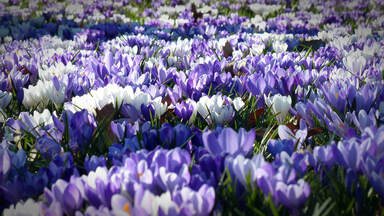 Foods High in Histamine Some foods are naturally higher in histamine, including “older” foods, as histamine levels increase with age (Think fermented, aged, or leftover foods). Foods higher in Histamine :
Foods that are not naturally high in histamine, but can “trigger” histamine release in the body:
Quercetin & Antihistamine Properties Quercetin is a naturally occurring flavonoid-rich in antioxidant properties, and may also help with seasonal allergies! Functions of Quercetin include inhibiting histamine production and controlling inflammation. Quercetin can be found in various foods, like apples, onions, kale, and blueberries. It is found in green and black teas as well as ginger! 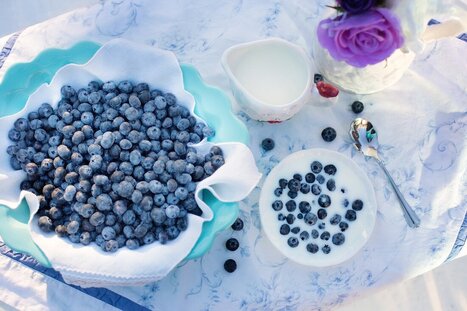 Do you have a histamine intolerance? Histamine intolerance occurs in roughly ~1% of the population and is when the body is naturally lower in DAO enzymes that break down histamine. It can appear as allergies when eating certain foods higher in histamine. A low histamine diet long-term could result in nutrient deficiencies, so it is important to speak with a healthcare professional and/or nutrition professional about a more individualized approach to lifestyle modification and potentially diamine oxidase supplementation. More research is needed on DAO enzymes and possible treatments for histamine intolerance! Signs of histamine intolerance: -itching -hives -watery eyes -sneezing -headaches -asthma -abdominal pain 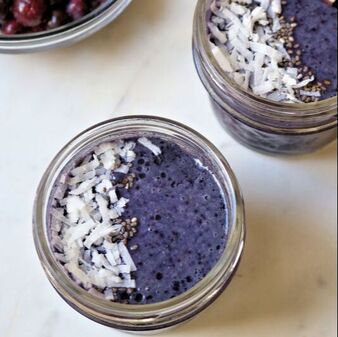 Here are a few delicious & low-histamine smoothie recipes! 5 Low Histamine Smoothies Wishing everyone a beautiful Spring with fewer sniffles & more picnics, bike rides, and other outdoor activities! -Katie Shepherd Dietetic Intern
2 Comments
10/5/2022 11:01:45 am
This actually cleared up a few missconceptions I had about this. Thank you!
Reply
Leave a Reply. |
SD BlogA place for our consultant Registered Dietitian Nutritionists (RDNs) to share nutrition science, yummy and healthy recipes, tips on seasonal ingredients, and other nutritional musings. Enjoy! Categories
All
Archives
May 2024
|

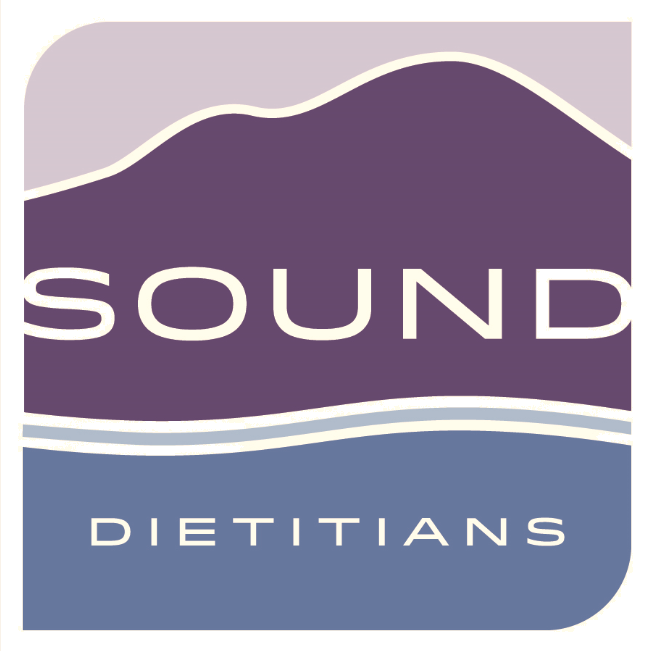
 RSS Feed
RSS Feed